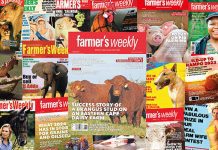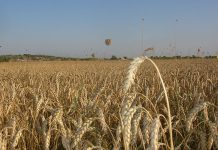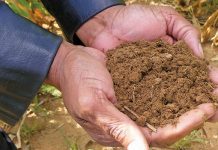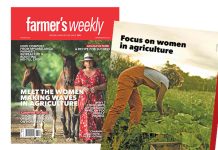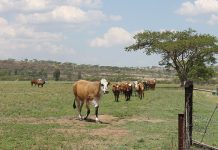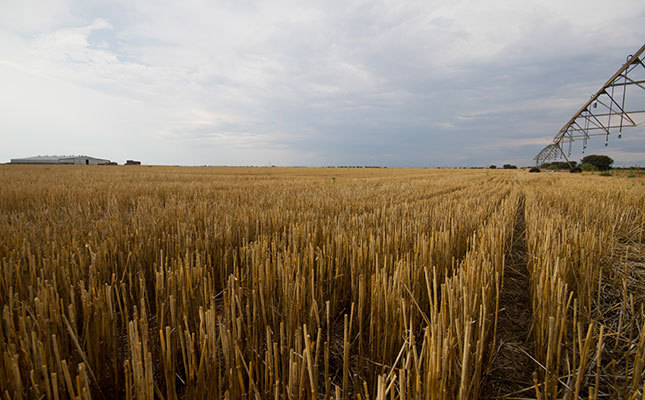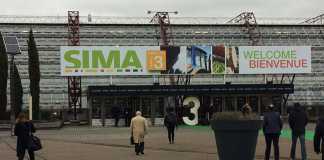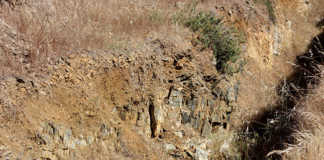For Malema, there is no such thing as an hermaphrodite (remember the Caster Semenya affair?), Zuma lives in a world where corruption does not exist (it is a “Western paradigm”), and Motsoeneng does not believe in a thing called censorship (it is an “English concept”).
The SABC’s banning of any news or commentary related to service delivery protests on all its radio and television stations, as well as other restrictions placed on journalists with regard to news reporting, may be the most overt case of media censorship in a free, democratic, post-apartheid South Africa – but it is not the first.
Before this there was the signal-jamming fracas during the Zuma’s 2015 State of the Nation address, and video footage of the event that deliberately excluded images of raucous behaviour by EFF MPs.
But there is also a more subtle form of censorship being practised by government departments that makes it difficult for journalists to do their jobs. Countless times, when journalists try to obtain information and commentary from government departments and state-run institutions, requests are met with a stony wall of silence.
Email upon email remains unanswered, cellphones go directly to voicemail, and landlines ring in perpetuity, while government workers take infinite lunch breaks.
Media censorship, according to the Committee to Protect Journalists, is a tactic used by those in control “to keep their grip on power”, using a combination of restricting journalists’ freedom, media monopoly, harassment, spying, and threats of imprisonment.
It is becoming harder in South Africa to ‘tell things as they are’ and as a result it becomes more difficult for South Africans to see things as they are.
There is nothing wrong with good news. Farmer’s Weekly publishes success stories of farmers who have managed to beat the odds every week. But if we ignored the news about crime, corruption and poor economic performance, we would be denying our readers the freedom of knowing.
There is something patronising about censorship. Those enforcing it are saying to the citizens of a country that they would not know how to engage responsibly with the banned information. Therefore, those in power say, “Best to not let the ordinary people know what we know”.
If we are denied the freedom to be fully informed about the state of affairs in our country, our fragile democracy becomes a farce.
Finally, I wish to sound a warning closer to home. Farmers’ unions and commodity organisations must be very careful to avoid going down the same path as state-controlled media and becoming so engrossed in portraying a positive image for agriculture that they start inhibiting the free flow of information.

